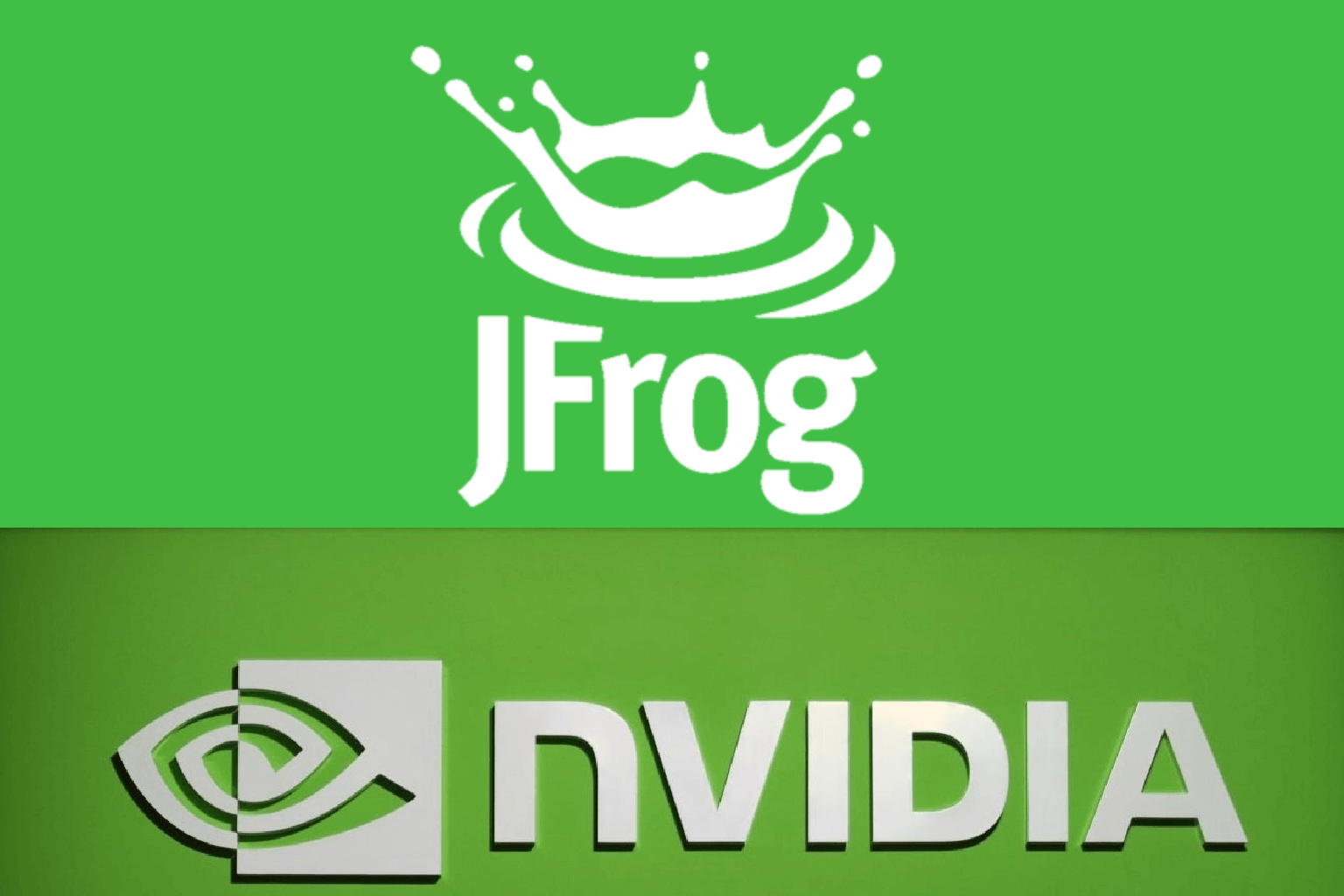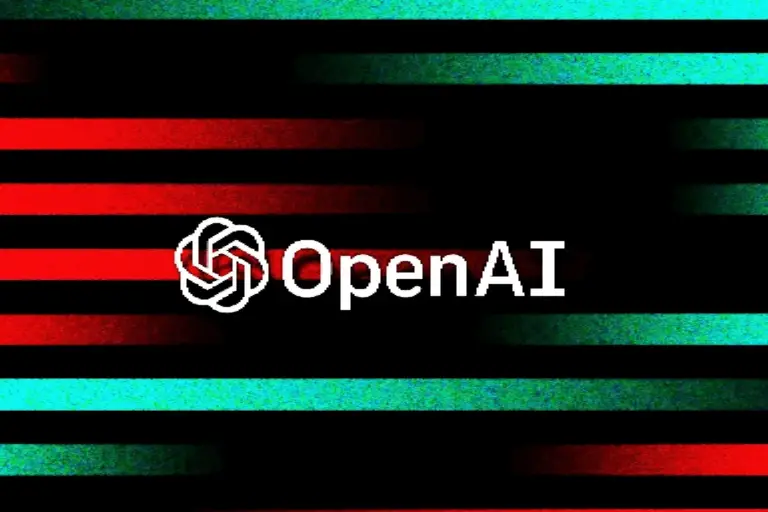
JFrog Enters NVIDIA AI Microservices Space to Accelerate Innovation
JFrog has added NVIDIA NIM to its platform to make it easier to manage AI applications in DevSecOps workflows. This lets teams use their existing version control systems to manage AI models.
JFrog announced today that it has integrated NVIDIA NIM, a microservices-based framework for creating AI applications, with its platform for managing software supply chains. A JFrog SwampUP 2024 event announced the integration. This is part of a bigger plan to combine DevSecOps and machine learning operations (MLOps) workflows. This plan began when JFrog acquired Qwak AI.
Organizations can use application programming interfaces (APIs) through NVIDIA NIM to call a set of pre-configured AI models. The JFrog Artifactory model registry, a platform for safely storing and managing software artifacts such as binaries, packages, files, containers, and other parts, can now manage these APIs.
The JFrog Artifactory registry works with both the NVIDIA NGC hub, which is a collection of cloud services for making generative AI apps, and the NGC Private Registry, which lets people share AI software.
According to Yoav Landman, CTO of JFrog, this method simplifies the use of existing version control methods by DevSecOps teams to monitor the deployment and update of AI models. He also said that each of these AI models comes in a set of containers that let companies manage them from one place, no matter where they run.
Integrating MLOps into DevSecOps
DevSecOps teams can monitor these modules and their dependencies to ensure their safety and to track audit and usage data throughout the entire development process.
Landman states that the primary objective is to accelerate the addition and modification of AI models within a familiar set of DevSecOps workflows and processes. This is crucial because many of the MLOps workflows developed by data science teams utilize the same steps that DevOps teams currently employ.
A feature store, for instance, lets you share models and code in a way that is similar to how DevOps teams use a Git repository. When JFrog bought Qwak, it got an MLOps platform that it is now using to drive integration with DevSecOps workflows.


